- Overview
- Trip Outline
- Trip Includes
- Trip Excludes
- Gallery
- Reviews
- Booking
- FAQ
Machame (Whiskey Route) is one of the most popular for Kilimanjaro climbers. We, at Afrigems and safaris, would recommend the 7-day program. If you are planning to take Machame Route in November, April or May, the path may be eroded by rain making the climb more difficult.
If you have opted for the optional airport transfers, we will pick you up from Kilimanjaro Airport or Arusha airport and transfer you to your hotel in Moshi.
Pre-trek briefing at your Moshi hotel. You should be planning to arrive at least one day before the start of the trek. Today we will spend in having a pre-trek briefing. We will also review your equipment and rent any equipment which is needed.
Itineraries
Day 1
Hotel to Machame camp
Drive from Moshi to Machame Gate takes about 45 minutes. The journey passes through the village of Machame which is located on the lower slopes of the mountain.
We depart the park gate and walk through the rain forest on a winding trail up a ridge. At lower elevations the trail can be muddy and slippery. Gaiters and trekking poles are a good idea here. We continue a short distance until we reach the Machame Camp.
- Elevation: 1830m/6000ft to 3050m/9950ft
- Hiking Time: 5-6 hours
- Habitat: Montane Forest
- Meals: Lunch and Dinner
Day 2
Machame Camp to Shira Camp
After breakfast we leave the glades of the rain forest and continue on an ascending path, crossing the valley along a steep rocky ridge. The route now turns west onto a river gorge until we arrive at the Shira campsite.
- Elevation: 3050m/9950ft to 3850m/12,600ft
- Walking Time: 4-5 hours
- Habitat: Moorland
- Meals: Breakfast, Lunch and Dinner
Day 3
Shira camp to Barranco Camp via an Ascent to the Lava Tower
From the Shira Plateau we continue to the east up a ridge, passing the junction towards the peak of Kibo. As we continue, our direction changes to the South East towards the Lava Tower, called the “Shark’s Tooth” (elev 4650m/15,250ft). Shortly after the tower we come to the second junction which goes to the Arrow Glacier. We now continue down to the Barranco Camp. Although you end the day around the same elevation as when you began, this day is very important for acclimatization and will help your body prepare for summit day.
- Elevation: 3850m/12,600ft to 4000m/13,000ft
- Walking Time: 5-6 hours
- Habitat: Semi-desert
- Meals: Breakfast, Lunch and Dinner
Day 4
Barranco Camp to Karanga Camp
After breakfast, we leave Barranco and continue on a steep ridge up the Barranco Wall to the Karanga Valley and the junction which connects with the Mweka Trail.
- Elevation: 4000m/13,000ft to 4050m/13,250ft
- Climbing Time: 3-4 hours
- Habitat: Alpine Desert
- Meals: Breakfast, Lunch and Dinner
Day 5
Karanga Camp to Barafu Camp
We continue up to the Barafu Camp. You have completed the South Circuit, which offers views of the summit from many different angles. Here we make camp, rest, enjoy dinner, and prepare for the summit day.
- Elevation: 4050m/13,250ft to 4700m/15,350ft
- Climbing Time: 3-4 hours
- Habitat: Alpine Desert
- Meals: Breakfast, Lunch and Dinner
Day 6
Barafu camp to Summit to Mweka camp
Very early in the morning (midnight to 2 am), we continue our way to the summit between the Rebmann and Ratzel glaciers. You head in a northwesterly direction and ascend through heavy scree towards Stella Point on the crater rim. This is the most mentally and physically challenging portion of the trek. At Stella Point you will stop for a short rest and will be rewarded with the most magnificent sunrise you are ever likely to see. Faster hikers may view the sunrise from the summit.
From Stella Point, you may encounter snow all the way on your 1-hour ascent to the summit. Once at Uhuru Peak you have reached the highest point on Mount Kilimanjaro and the continent of Africa!
From the summit we begin our descent by continuing straight down to the Mweka Camp, stopping at Barafu for lunch. You may want gaiters and trekking poles for the loose gravel going down. We arrive at Mweka Camp and enjoy our last evening on the mountain.
- Elevation: 4700m/15,350ft to 5895m/19,340ft
- Down to 3090m/10,150ft
- Hiking Time: 5-7 hours up / 5-6 hours down
- Habitat: Stone scree and ice-capped summit
- Meals: Breakfast, Lunch and Dinner
Day 7
Mweka gate to hotel
Prices:
| Solo Trekker | USD 2100 per person |
| Group of 2 | USD 1751 per person |
| Group of 3 | USD 1698 per person |
| Group of 4 | USD 1586 per person |
| Group of 5 | USD 1583 per person |
- All transfers to the mountain and back to your Moshi hotel
- Professional, experienced, mountain guides
- Guides and Porters, Cook salaries and park fees
- Quality, waterproof, four-season mountain sleeping tents
- All meals while on the Mountain
- Large portions of fresh, healthy, nutritious food
- Clean, purified drinking water
- Park fess
- Tanzania Visa
- Hotel (available as an optional addon)
- Transfers (available as an optional addon)
- Personal trekking equipment such as sleeping bags, hiking boots, clothes, etc (available for renting)
- Tips and gratuities
- Travel insurance
- Personal Expenses (e.g. laundry, telephone, beverages, etc.)
You will stay in a hotel on your arrival and the day after your climb,While on the Mountain, you will Camp in comfort in customized all-weather tents with upgraded zippers, flysheets, and closed-cell full-ground pads. Private solar-lit dining tents are provided daily. Hot meals are prepared from fresh ingredients by the camp’s chef. In the afternoons, hot drinks and snacks are provided
We have the best guides in the mountain and all our clients have be very thankful for that. Our guides are knowledgable, friendly, are certified Wilderness First Responders (WFR), which means they have the tools to make critical medical and evacuation decisions. They receive annual training in emergency first aid and can prevent, recognize and treat altitude-related illnesses. Safety is our number one priority. Having the right outfitter makes the whole difference. We have very much confident to say that 98.9 percent of our clients make it to the summit.
Meals are included as mentioned in the itinerary. For breakfast there will be a choice of fruit, scrambled eggs, porridge, toast, jam, hot chocolate, coffee or tea. Lunch will be provided in form of a lunch box containing sandwiches, boiled eggs, chicken etc. For dinner you will enjoy soup and bread followed by meat or poultry along with starch (i.e. chips, mashed potatoes, pasta or rice) as well as vegetables. While breakfast and dinner are served in a mess tent equipped with a table and chairs, lunch is enjoyed en-route. Please let us know if you have any special dietary requirements or food allergies and we will do our outmost to cater for them (only possible with advanced notification).
Compared to the other routes, the Machame route is difficult as hikers have to climb the Great Barranco Wall on the fourth day and have to settle with a steep slope towards Kibo peak on summit night. It is important to note that overall, Mount Kilimanjaro does not necessarily require any technical mountaineering skills.
We may supply some of the gear that will make your Mount Kilimanjaro climbing via the 7 days Machame route easier but there is some important gear that will be compulsory for you to purchase or hire. Some of this gear may include, well-fitting mountain climbing boots, headlamps, sunglasses, personal medication, camp, and a non-disposable water bottle
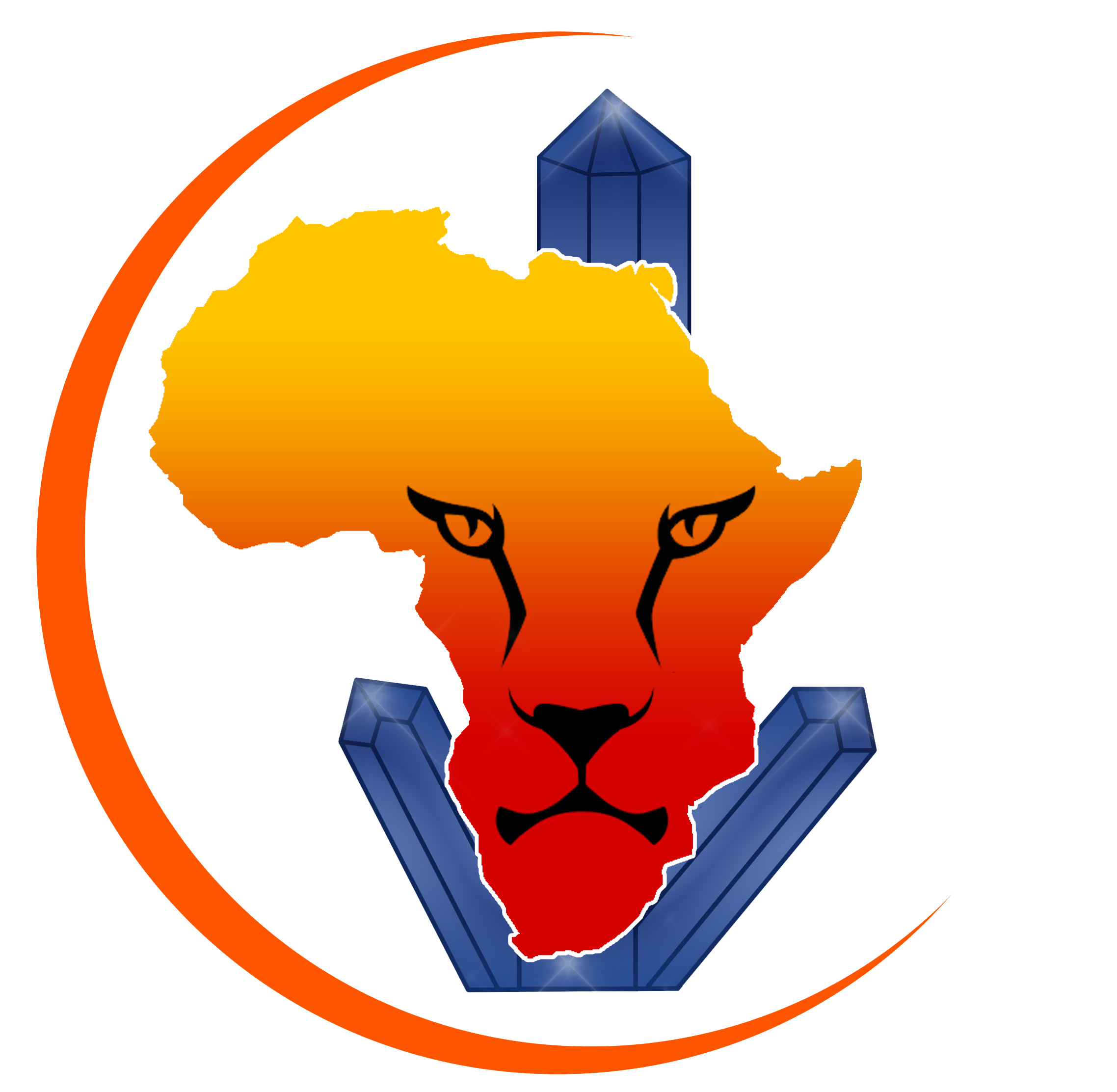
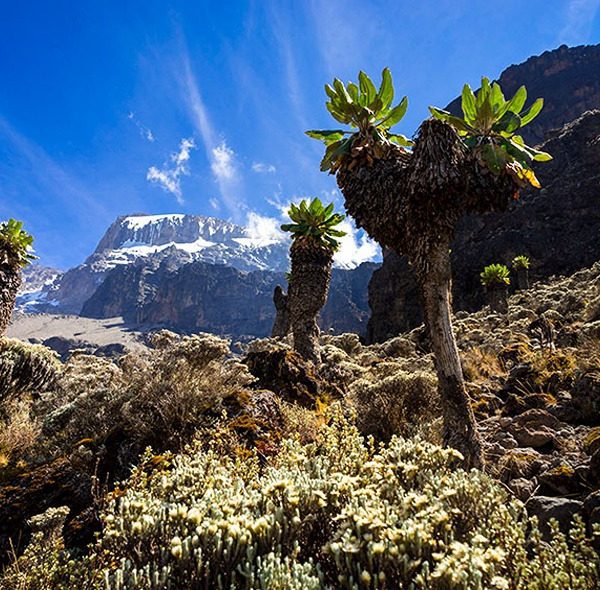
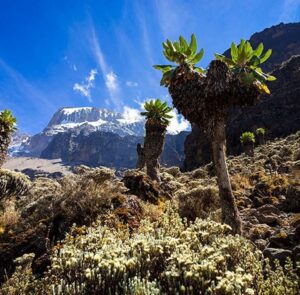
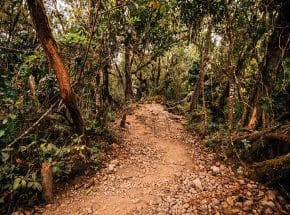
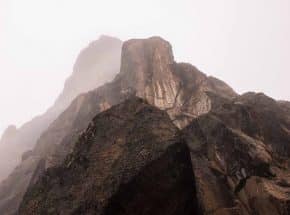
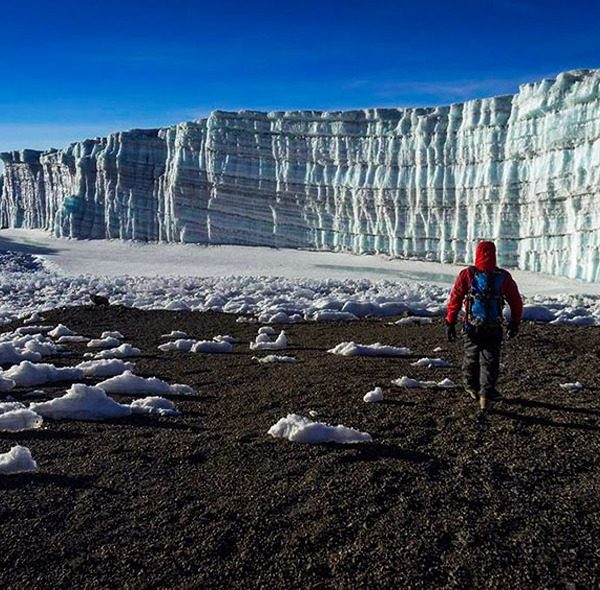
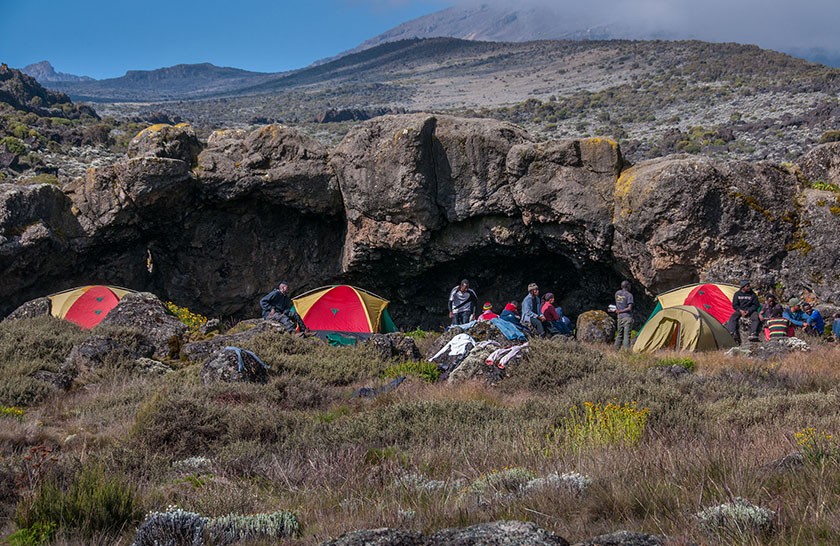
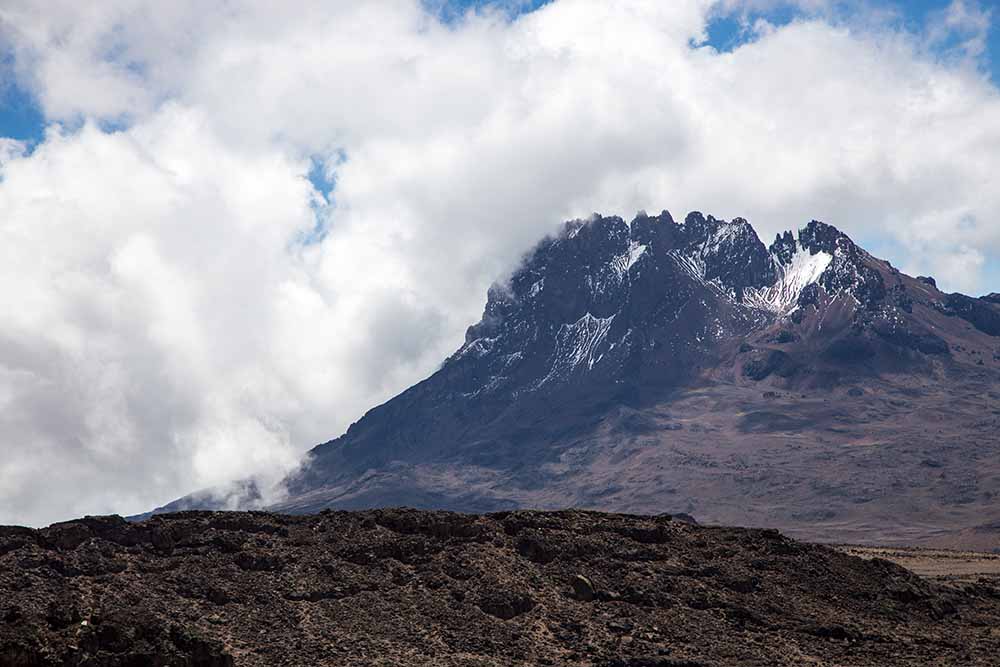
There are no reviews yet.